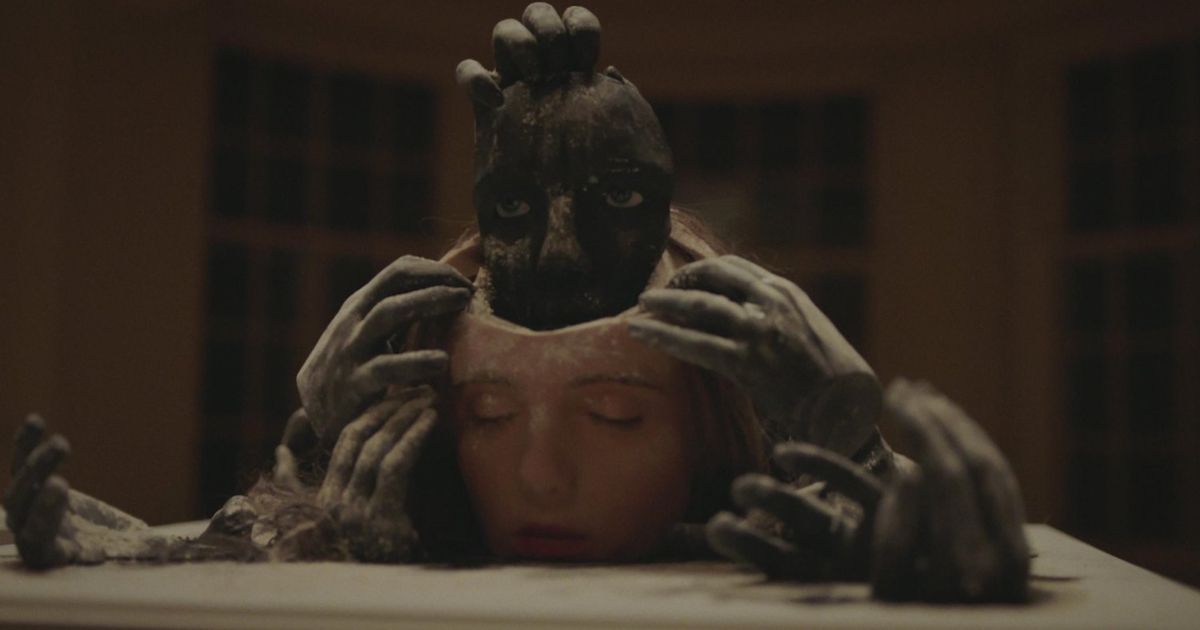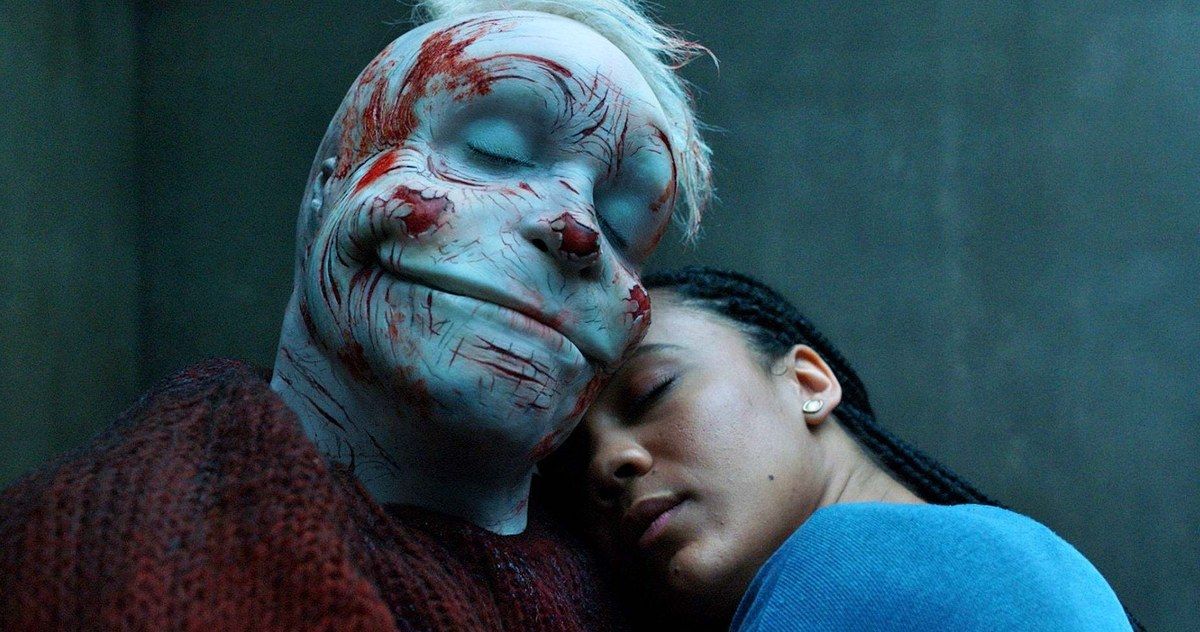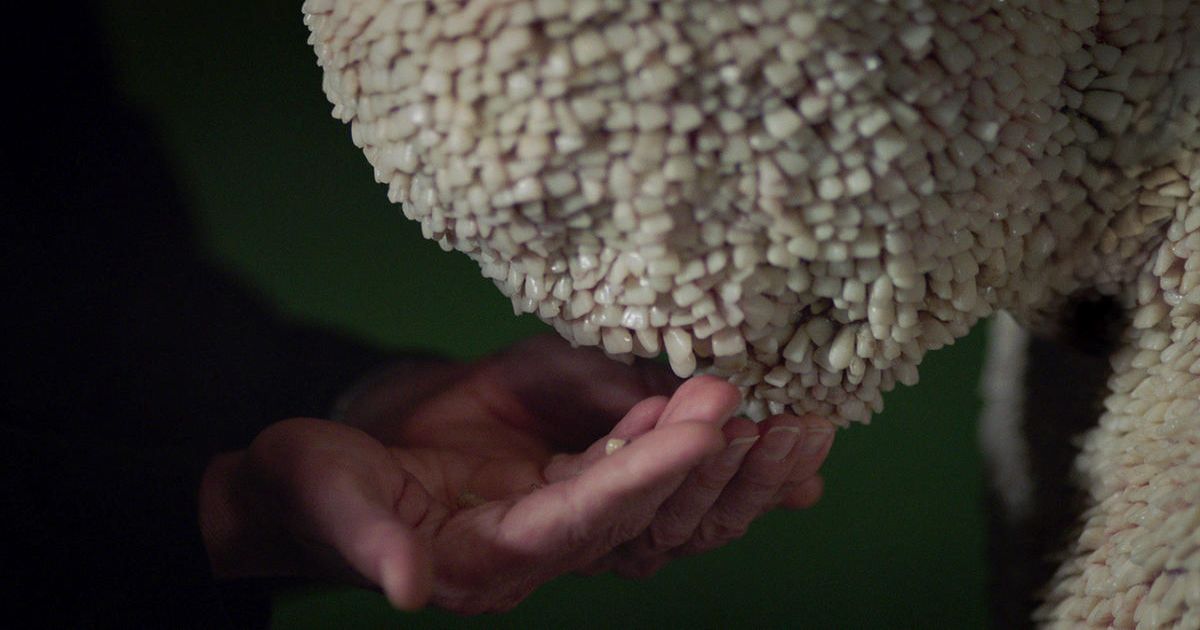In the last decade, the TV series format has massively grown towards any direction possible. In some ways it has even surpassed movies, with a large number of filmmakers becoming showrunners and TV directors. There have been a few cases of a complete shift to this world, one which was considered “less professional” in the past (director Mike Flanagan is a case in point). Some viewers were hesitant at first, but now they seem to be more welcoming than ever, likely as a consequence of streaming services emulating the formula of big film studios.
When it comes to genres explored in the small screen, horror isn’t the exception. In fact, it’s one of the most popular genres to be tackled in TV over the past two decades, and attempts seem to increase regardless of the quality of the final product. From spin-offs to franchises, what Rod Serling and Alfred Hitchcock thought of in the past has become incredibly profitable today.
However, as it happens with films, some shows are more popular than others. It’s supposed to work like that. The horror niche is a bit smaller than others, but still some shows are overlooked. In the deeper levels of horror TV lies a very interesting approach to the genre — SyFy’s Channel Zero came and went without much fanfare or celebration. As seasons went by, fewer people became aware of it, and Shudder’s last move in acquiring it seemed to be a decision related to streaming rights and not much else.
It’s a shame that it feels so much like a misplaced show that not many people remember and even less know about it. Channel Zero isn’t a perfect show with a perfect script, but it’s exceptionally well-made. The best thing about it? It doesn’t resemble anything you’ve seen on TV or film. Few filmmakers dare to go this deep on the horror element, even when TV offers a different kind of creative context to explore the dark and the twisted.
Something for Everyone in Each Season of Channel Zero
Every season of Channel Zero tells a different story based on a creepypasta. Showrunner Nick Antosca (who most recently created the excellent Peacock miniseries Friend of the Family) could have stayed in the TV anthology comfort zone by adapting different stories each episode, but he prefered to explore one per season. This is how these very short stories without much of a backstory became more immersive than we needed. It also gave Antosca the chance to develop a a completely free visual style, a polished aesthetic that changes each of the four seasons which look even better than the last.
Unlike shows like American Horror Story, Channel Zero feels extremely modern through its adaptations of urban legends from the Internet era, creepypastas on Reddit, 4Chan, and so on. Nevertheless, storylines aren’t adapted from flimsy formulaic scripts that end up depending too much on jump scares or typical showdowns. Every season of Channel Zero is a very artistic fall into the online rabbit hole, with horror elements similar to the ones explored by David Lynch in his 2017 continuation to Twin Peaks.
Channel Zero, Season by Season
Channel Zero being extremely underrated means that people simply missed the chance of exploring very different stories with an innovative visual style that seemed distant from what the SyFy channel had always made. Season one was based on the creepypasta Candle Cove, and the presence of TV veterans Fiona Shaw and Paul Schneider made it an interesting choice that merged excellent performances with a complex script about a mysterious children’s TV program. Its visuals remain embedded in people’s minds with that image of the Tooth Child creeping up and making a very disturbing chattering sound.
Season two took us to a street where a fascinating house sat. No-End House starred Amy Forsyth, and presented us with an idea of a haunted house without physical logic and a sinister intent. John Carroll Lynch took a secondary role and confirmed his importance in the world of horror. Rutger Hauer shows up in season three, titled Butcher’s Block. This one looks and feels like a nightmare on steroids, and it tells the story of youngsters trying to solve a mystery regarding the elderly and the disappearance of a meat packing company.
In season four, the spiral is deeper. The Dream Door was based on the Hidden Door creepypasta, and it's set on a twist of the imaginary friend idea, and the classic horror situation of finding doors that shouldn’t exist. The great Barbara Crampton and Steven Weber make an appearance, and this one's fully enhanced by creepy visuals and good makeup effects.
The Art of Adapting Creepypastas
If there’s any viable scenario in which the term “elevated horror” could exist and be accepted among faithful, conservative, and loyal horror fans, it could be in TV. Following that idea, Channel Zero was an outstanding adaptation that helped define the artistic style of elevated horror on TV.
Let’s face it — creepypastas work to some degree because of the medium they’re set and told in. Nick Antosca took a great idea and adapted several of its offshoots. But not only that; Channel Zero’s worth is also related to unnecessary expansions and backstories no one would've guessed would add more value to bloodcurdling tales that permanently reside on the Internet.
This is a worthy horror TV show that many people missed. But it’s never too late to deep dive into one of the best horror TV anthologies out there and available to stream. For those that always seek the best in horror, Channel Zero could be a good choice. Just be prepared. It's very, very unsettling.
All seasons of Channel Zero are available to stream on Shudder and AMC+.

.jpg)


